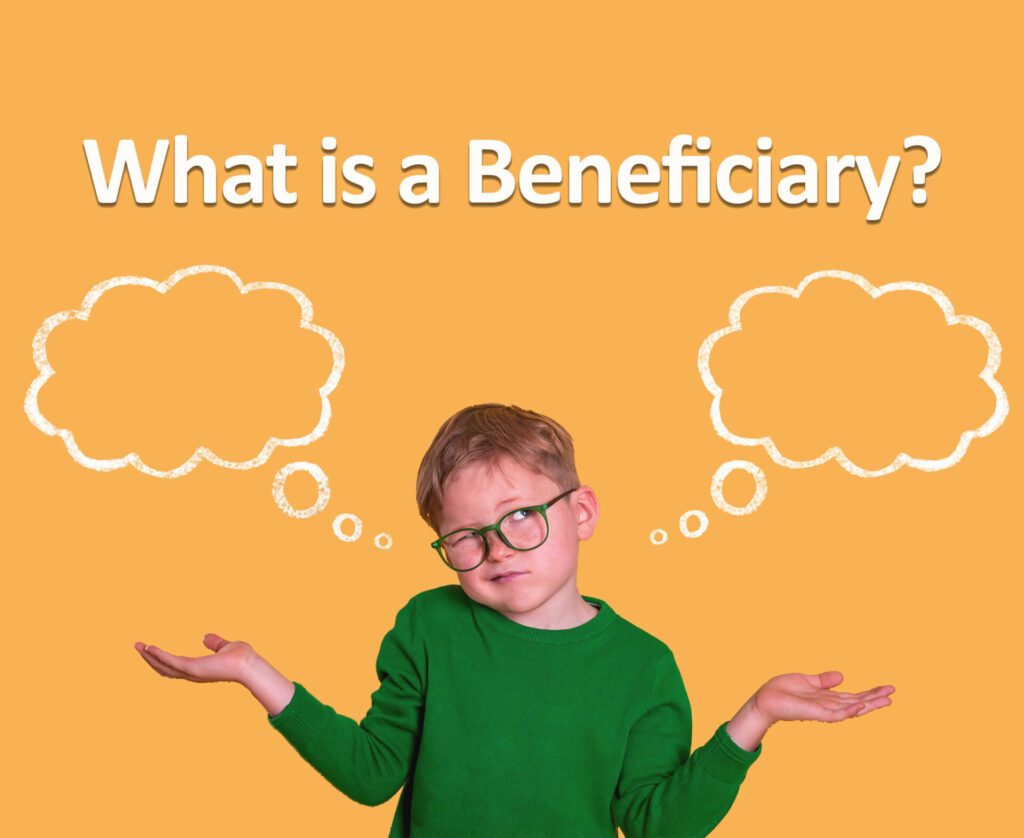
Guide to Creating an Estate Plan
Easy Guide For creating an Estate Plan
Creating an estate plan is the process by which an individual or a family arranges the transfer of assets in advance of death. An estate plan typically attempts to preserve as much wealth as possible for the beneficiaries included in the estate plan. An estate plan is important because without an estate plan a will or trust, your state laws determine what happens to your property after your death. Additionally, your state courts will decide who receives custody of your children if you have any that are legally considered minors. Some of the benefits of having an estate plan include:
- The ability to determine how and to whom your assets will be distributed
- Minimizing taxes, court fees, and legal expenses related to the distribution of your assets and settlement of your estate
- The naming of a guardian for the care of any non adult children
- Instructions for your care and financial affairs if you become incapacitated prior to death
Why is it important to create an Estate Plan?
For most people who own real estate, personal possessions or are responsible for the care of a minor, it is important to create an estate plan. An estate plan may contain a will and or living trust. We strongly encourage you to seek the assistance of a legal professional when designing your estate plan. A trust and estate attorney or professional estate planner can help you design an estate plan that will best meet your needs and helps you avoid potential mistakes.
The following information is intended to educate you on the basics of estate planning and to provide you with an idea of what options may be available to you. Each state has their own laws and regulations that govern trusts, wills and probate. A capable attorney or estate planner can help you create an estate plan that is best suited for the state that you reside in.
Guide to Creating an Estate Plan
Step 1 – Create an inventory of your possessions
In trust and estate matters, the person who creates a will or last will and testament is referred to as the testator. When creating an estate planning trust, they are referred to as the settlor. In estate planning, sometime this person is also referred to as the principal.
Before you begin planning for how your possessions will be distributed, it is important to create an inventory of your assets. You can use this Estate Planning Inventory Form (excel document) as a starting point to help list your assets. Items that you will want to consider including in your estate plan may be the following:
- Motor vehicles such as automobiles, motorhomes, boats, tractors and motorcycles
- Real Estate including your primary residence, second home, investment properties or land
- Life Insurance Policies
- Retirement accounts such as IRAs, Roth IRAs, 401K plans and SEP Plans
- Investments like stocks, bonds, ETFs, mutual funds and crypto currency accounts
- Cash and bank accounts such as checking accounts, online accounts like PayPal or Venmo, savings account and certificates of deposit
- Business ownership interests
- Important personal property and possessions such as family heirlooms, collections, time pieces, jewelry, and furniture
Step 2 – Organize and value your possessions
Once you have created an inventory of your possessions you should estimate their value as accurately as possible and keep the information in an easy to interpret and organized fashion. We recommend using an estate planning inventory spreadsheet which can be accessed in a software such as Microsoft Excel or Google Docs. The document can be found at: https://trustandestatematters.com/Estate-Planning/Trust-and-Estate-Matters-Estate-Planning-Inventory-Spreadsheet.xls
You will want your estate planning inventory to be as accurate and detailed as possible. Doing so will help eliminate any confusion and make a distribution as easy as possible for your beneficiaries. For some assets, outside valuations such as real estate appraisals can be helpful in properly assessing an assets value.
Step 3 – Specify your beneficiaries and their relationship to you
To be sure that your property and assets are properly distributed to the individuals of your choosing, you will need to name the beneficiaries of your estate. Once your estate beneficiaries have been determined, you may choose to communicate with the individuals and inform them of any asset they are expected to acquire upon the distribution of your estate. You should review your insurance and retirement accounts and verify that their beneficiary designations match your estate plan, will or trust. Failure to do so may complicate the distribution of those assets. Also, make sure to make a complete listing of assets and assign the beneficiaries as you desire. Failure to do so can result in a more complicated probate process and any non designated remaining assets are likely to be distributed based on the state’s probate rules.

Above is an example of an Estate Planning Beneficiary List
Step 4 – Specify your medical requests and directives in case you become incapacitated prior to death
It is important for you to declare your medical requests and directives. In case you should become incapacitate and unable to make decisions about your wellbeing later in life, and estate plan can help you document and layout your wishes. For instance, you may wish to declare a course of medical treatment to receive upon a specific situation or condition.
A medical care directive, sometimes referred to as a living will, declares your wishes for medical care. Often with a medical care directive, you also specify a trusted friend or agent and grant them a medical power of attorney for your healthcare. Doing so gives this person the authority to make decisions you did not account for in the case that you are unable to. These two documents are sometimes combined into one and are known as an Advanced Health Care Directive or AHCD.
Step 5 – Determine if a will or trust is best for your situation
A trust is a legal arrangement that allows your assets to be held and managed by a third party. This third party is known as a Trustee. The Trustee is the person or group of people that are responsible for ensuring that your estate is handled in the manner specified in the trust. There are several good reasons for creating a trust, but one of the more common reasons people choose to use a trust is to make sure their assets are distributed how they wish. It can also help avoid the need for a potentially lengthy probate process. We suggest you speak with a professional estate planner or trust and estate attorney to determine if a trust is right for you and your family.
Step 6 – Consider implementing a Financial Power of Attorney
If you become unable to make decisions for yourself prior to death, you may want to have a plan in place to carry out your wishes. A Financial Power of Attorney allows someone else to manage your financial affairs if you are unable to do so. Much like an Advanced Health Care Directive, you can designate an agent to act on your behalf if certain conditions are met. The agent can legally manage your finances and property, make all financial decisions, and conduct all financial transactions that are within the scope of the agreement. The individual granted financial power of attorney is limited to the agreement and cannot do anything not specified in the agreement. The agent is legally obligated to make decisions consistent with your wishes but has full authority to make independent decisions.
Step 7 – Plan for your family’s needs
If you have children who are under the age of 18 or are the guardian of an adult with special needs, an estate plan can list out with wishes for their guardianship in case of your death. You should consult with and name a guardian for your children in your estate plan. You should also plan for having secondary guardian in place in case the named guardian is unable to meet their obligations. You should document your wishes for your children’s care and discuss them with those who you have chosen to be their guardian.
Step 8 – Consider using an online estate planning service or meeting with a professional to discuss your estate planning needs
There are many reputable online estate planning tools that can assist you in drafting an estate plan and will for as little as $100. If your estate is small and your needs are not complicated, that may be a good option. Before signing up and paying any fees, you will want to verify that the online estate planning solution accounts for state specific requirements. Each state has their own rules and regulations and those need to be considered when drafting an estate plan and will. For instance, a will that is valid in Florida may not be valid in California. You will also want to verify that they guide you in designing your estate plan to optimize potential tax savings options for you and your beneficiaries. You may want to check for independent customer reviews and testimonials to make sure they satisfy the needs of their customers.
If your estate is large or complicated, seeking the assistance of a professional estate planner or trust and estate attorney familiar with your state laws may be a better option. Some Attorneys specialize in drafting wills and creating family or living trusts. If you are in need of a qualified Estate Planner in your area, there are a variety of legal referral resources available to you. You will want to make sure that the person or firm specializes in assisting people with estate planning, charge a reasonable rate for their estate planning services and have positive client reviews on an independent site such as yelp or AVVO.
Step 9 – Be sure to keep your estate plan up to date
It is recommended that you review your estate plan annually or upon any major life or financial event. You should be updating your estate plan inventory, reassessing asset valuations, reviewing beneficiaries and updating the assets beneficiaries will receive as needed. State propositions and regulations change periodically and you will want to consider having your estate plan reviewed and updated as the laws change or you change the state you reside in.
Guide to Creating an Estate Plan
Like this:
Like Loading...








